CAMP CASEY - Candidates from eight units across 8th U.S. Army tested for the Expert Infantryman's Badge this week.
The EIB is awarded to special forces and infantry Soldiers who are proficient in a variety of tasks. The EIB embodies the infantry and symbolizes professionalism in the infantry, said Sgt. 1st Class Michael Brazell, Company A, 1st Battalion, 72nd Armored Regiment, the NCOIC for the call for and readjusting indirect fire station.
"To prepare for this training, we had a road march, a PT test and qualified as expert on our weapon," said Pfc. Park, Sung Hyun, Co. A, 2nd Bn., 9th Inf. Regt., a Korean Soldier and EIB candidate. "After that, we had to train for EIB weapon systems like the M-16, M-4 and M-9."
The candidates trained March 26-31, said Sgt. Maj. Timothy Johnson, 2-9 Inf. Regt. operations sergeant major. During the training, Soldiers worked 10-11 hours a day on a variety of stations.
"You go through about eight stations a day and some of those stations have multiple targets to train on," said Pfc. David Flint, 2-9 Inf, an EIB candidate.
Flint trained for the EIB first at his individual unit and then with a squad of EIB candidates.
The 448 candidates were broken into squads during the week-long training and given an EIB handbook.
EIB candidate 1st Lt. Jimmy Chang, a platoon leader from Co. B, 2-9 Inf. Regt., trained with his unit on weapons prior to coming to the EIB testing.
He and his platoon took their weapons out of the arms room to practice disassembling and assembling them. They also had grenade pits and practiced on grenade training.
During the training, candidates practiced at the stations over and over to master each step.
"It's all about muscle memory," said Johnson. "Getting the sequences down and knowing what you have to do at the right time. Not worrying about the stop watch until you have it all down."
The candidates were tested on 34 tasks ranging from land navigation and first aid to timed stations where they had to demonstrate a specific ability.
Some of the timed stations involved candidates donning their NBC gear and administering atropine. They were also timed on assembling and disassembling weapons, and installing an M-21 anti-tank mine, camouflaging it and then removing it.
"When candidates are tested on the stations, they can only receive a certain number of NO-GOs," said Johnson. If Soldiers fail at one individual station twice or if they fail at three different stations, they are disqualified.
Candidates who did not receive their badges at the testing conducted are eligible to try again the next time it is held. EIB testing must be run at the battalion level and is usually run once a year. Soldiers can try for the EIB as many times as they want until they earn the badge, Johnson said.
"Earning your EIB is very hard," said Staff Sgt. Thomas Davis, of 1-72 AR. "It offers very good training. You learn something you can carry on with you and use to train other Soldiers. My advice to those who received their EIB this year is to wear it proud."
This sentiment of pride in the EIB was also felt by other candidates.
"It is my whole Army life," Park said. "I joined the ROK army and applied to KATUSA and applied to infantry. EIB stands for Expert Infantryman's Badge and I am infantry, so I think I have to get the EIB."
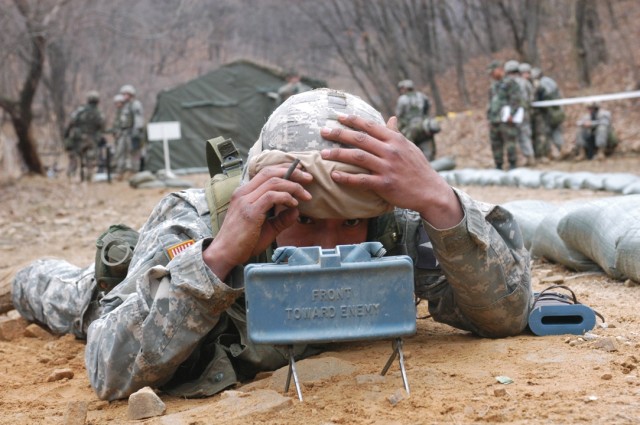
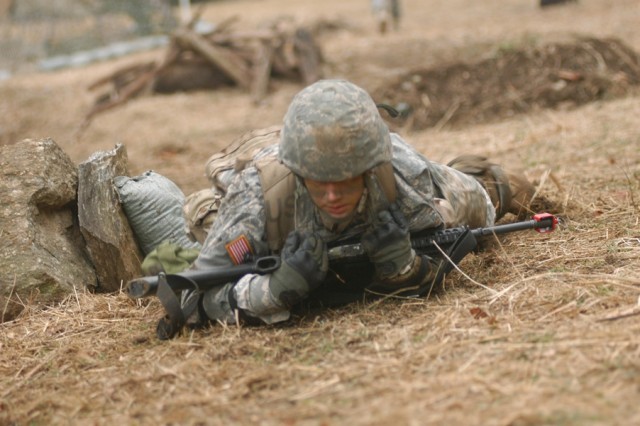
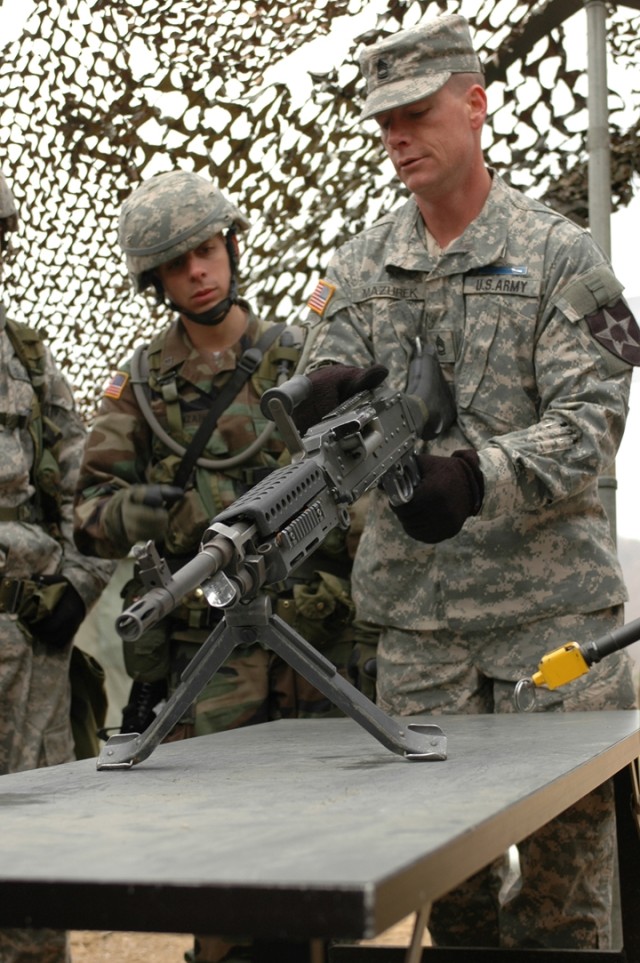
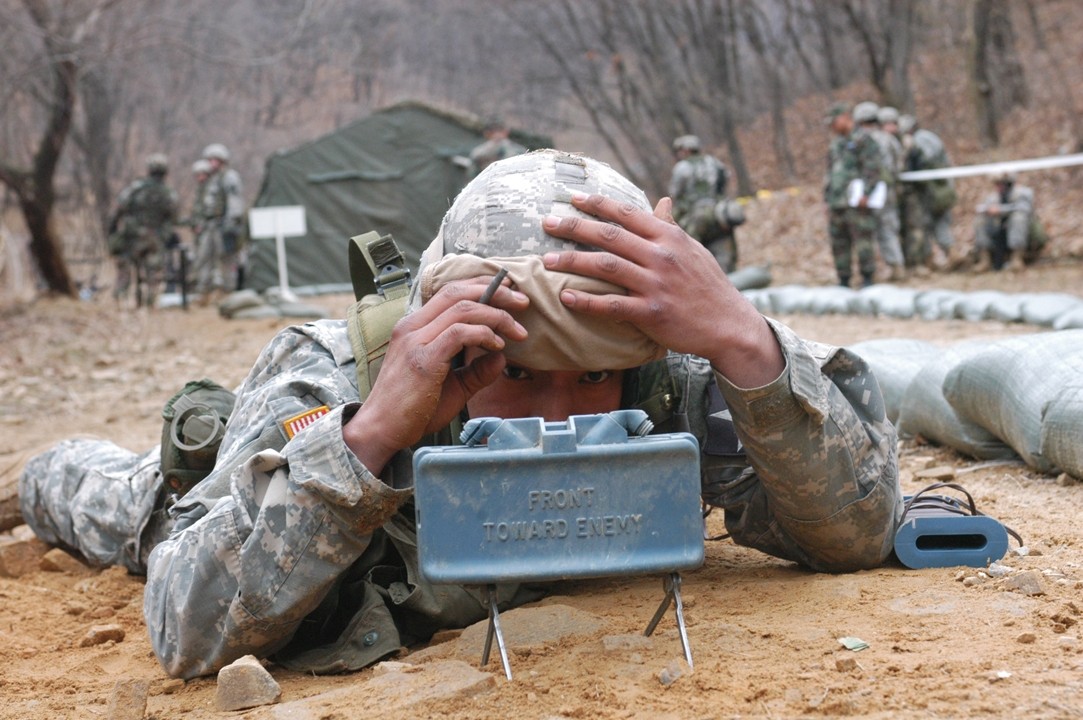
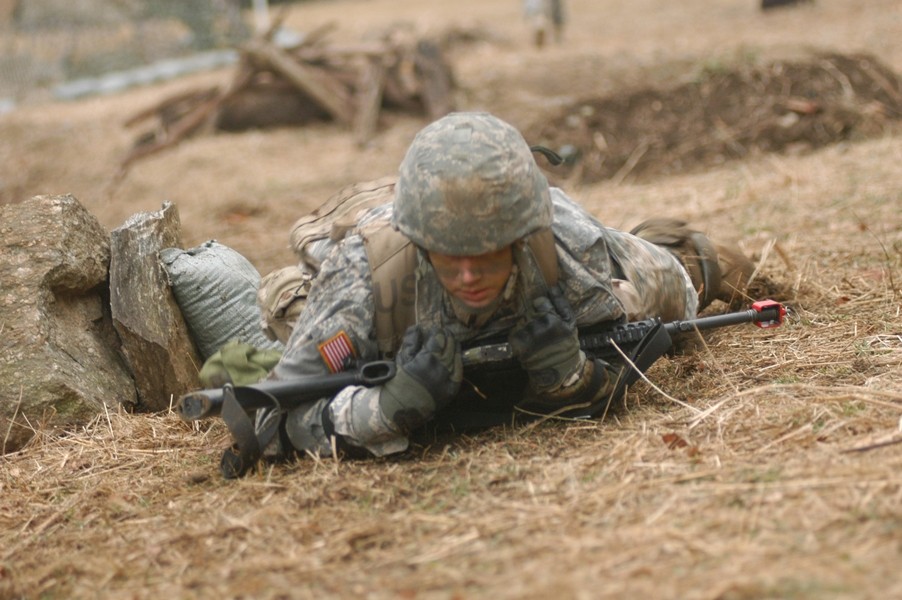

Social Sharing